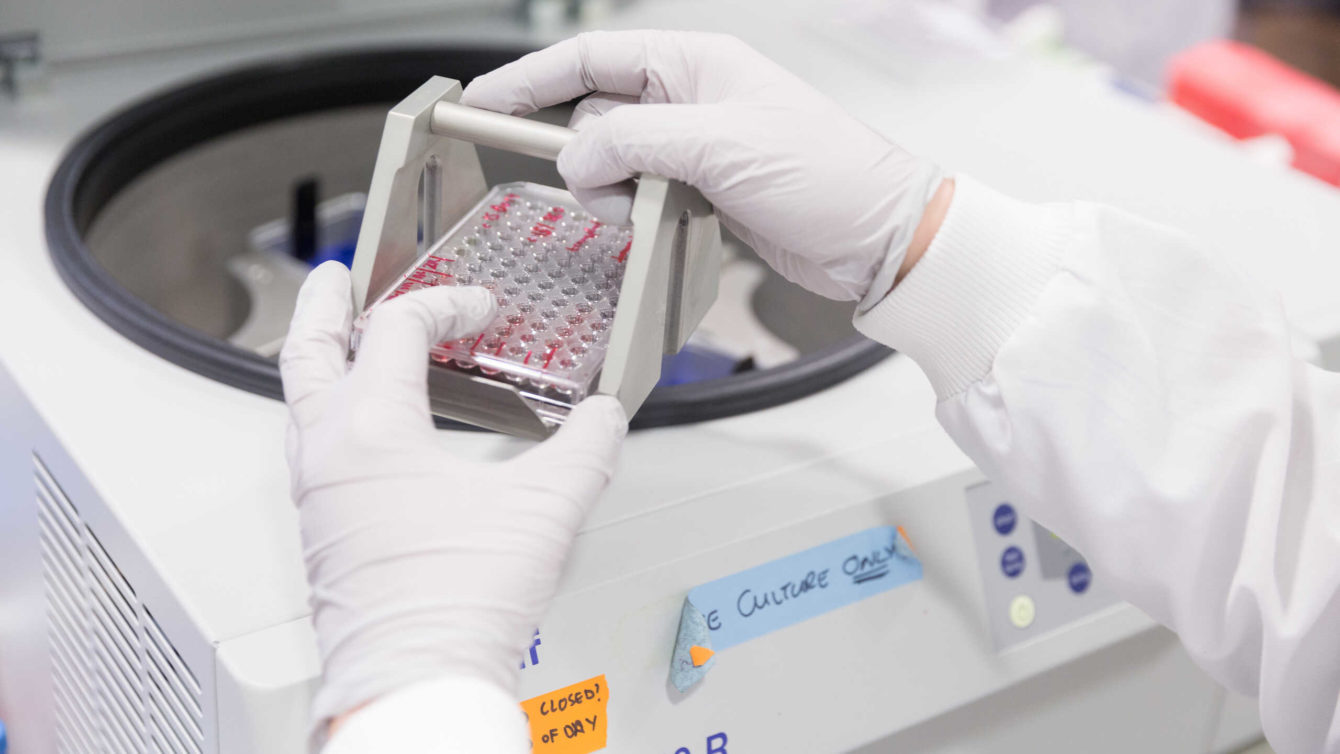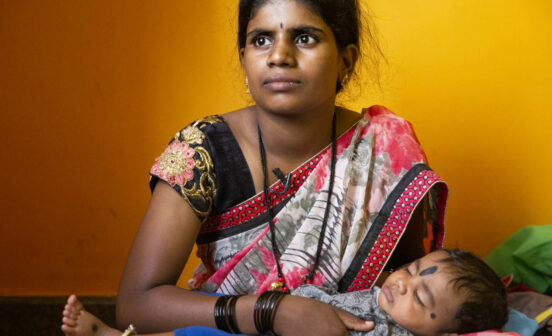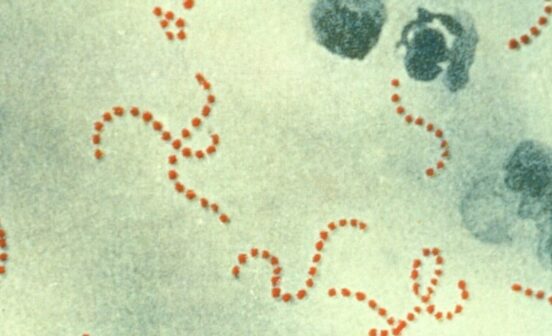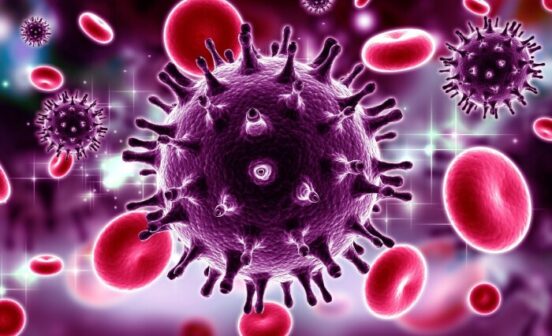Award NIHR to fund two new research units to protect public health and respond to major threats

Imperial has been awarded funding for two national research units to focus on health threats of radiation and respiratory infections.
The National Institute for Health and Care Research (NIHR) has announced a stream of funding for research to protect the public from health threats, which includes two dedicated units based at Imperial College London.
A total of £77 million will fund 13 NIHR Health Protection Research Units (HPRUs) across the country from April 2025, forming a key research element of the national health security infrastructure.
The two units hosted at Imperial will focus specifically on radiation threats and health hazards and respiratory infections, respectively.
HPRUs are partnerships between UK universities and the UK Health Security Agency (UKHSA). Through delivering high-quality collaborative research, the units will support UKHSA to protect the health of the public and enable it to prepare for and respond to major or emerging health protection incidents.
According to the NIHR, there are several national priority areas, including climate change and health security, emergency preparedness and response (including pandemics and terrorism), and vaccines and immunisation.
Professor Deborah Ashby, Dean of the Faculty of Medicine at Imperial College London, said: “Radiation and respiratory infections each represent some of the biggest threats to our public health security and extend beyond any borders.
“Scientific research provides vital tools we need to adapt and be ready to respond to evolving situations, which is why Imperial is committed to maintaining our critical research collaborations with UKHSA and help protect the nation’s health.”
The NIHR HPRU for Radiation Threats and Hazards
This newly established unit, led by Professor Paul Elliott from the School of Public Health, who is also a key member of the Imperial BRC Social, Genetic & Environmental Determinants of Health Theme, aims to find out more about how radiation exposures are linked to health.
This knowledge will be used to provide the best advice to the public, radiation workers and patients and improve health protection policies and planning, including in the event of a radiation emergency.
The NIHR HPRU for Respiratory Infections
The second unit builds on 10 years of funding to address the most serious respiratory infections with the highest impact on public health. Led by Professor Ajit Lalvani, from the National Heart & Lung Institute, it will focus on several respiratory threats, including influenza, SARS-CoV-2, RSV, and other emerging respiratory viruses and pandemic preparedness.
The unit will also continue to have a strong focus on tuberculosis, spanning laboratory virology, immunology, genomics, epidemiology, and mathematical modelling.
Imperial researchers will also collaborate with a third unit, the NIHR HPRU in Health Analytics and Modelling, based at the London School of Hygiene and Tropical Medicine. Professor Neil Ferguson, Director of the School of Public Health and a key member of the Imperial BRC Infection and AMR Theme, will continue to lead a team working with LSHTM and UKHSA colleagues.
‘Vital research funding’
Minister for Public Health and Prevention, Andrew Gwynne, said: “This vital research funding will help ensure that the government’s readiness to respond to these health threats is fit for the future.
“From pandemic preparedness and antimicrobial resistance to air pollution and climate change, these research units will look at long-term and emerging health threats – bolstering the nation’s health security research infrastructure.”
For more details on the NIHR HPRUs, including details of all 13 units and host institutions announced, visit the NIHR website.





